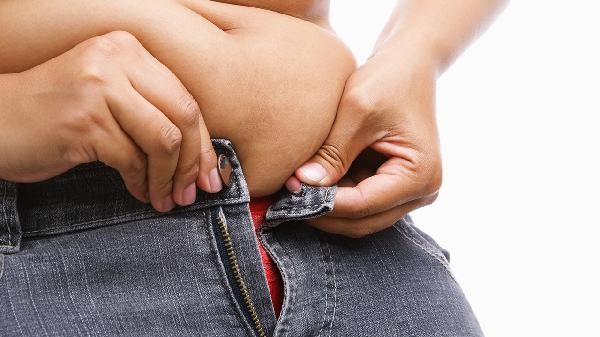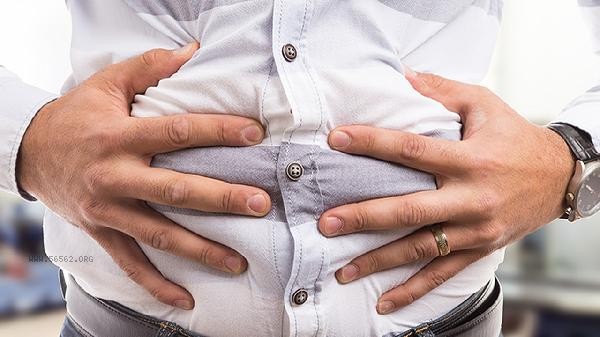constipation during weight loss can be alleviated by adjusting dietary structure, increasing exercise, supplementing dietary fiber, massaging the abdomen, and short-term use of laxatives. Weight loss and constipation are usually related to factors such as a sudden decrease in dietary calories, insufficient intake of dietary fiber, and slowed intestinal peristalsis.

1. Adjust diet structure
Ensure sufficient water intake daily, and it is recommended to drink warm water or light honey water to stimulate intestinal peristalsis. Increase the intake of vegetables and fruits, such as broccoli, dragon fruit, celery, and other foods rich in dietary fiber, to avoid excessive control of staple foods leading to insufficient fecal volume. Moderate addition of flaxseed oil or yogurt can regulate gut microbiota.
2. Increase exercise volume
Engage in aerobic exercises such as brisk walking and skipping rope to promote gastrointestinal peristalsis. It is recommended to exercise for more than 30 minutes per day. Sedentary people can do 5-minute anal exercises or clockwise abdominal massage every hour to accelerate intestinal emptying through physical stimulation.
3. Supplement dietary fiber
Choose soluble dietary fiber supplements such as Plantago asiatica shell powder and inulin, mix them with sufficient water, and take them. This type of fiber can absorb moisture, expand, and soften feces, but it is important to gradually increase from a small amount to avoid excessive intake at once, which can cause bloating.

4. Massage the abdomen
Use a clockwise circular massage of the lower right abdomen upper right abdomen upper left abdomen lower left abdomen, combined with abdominal breathing 2-3 times a day, lasting 5-10 minutes each time. Massage can directly stimulate the colonic reflex, especially suitable for weight loss individuals who are bedridden for a long time or have limited exercise.
5. Short term use of laxatives
Lactulose oral solution, polyethylene glycol 4000 powder and other osmotic laxatives can be used under the guidance of a doctor for a short period of time. Avoid long-term dependence on stimulant laxatives such as senna, which may cause intestinal melanosis or electrolyte imbalances.

To prevent constipation during weight loss, it is necessary to establish regular bowel habits, drink warm water in the morning, and reserve sufficient time for toileting. Long term constipation accompanied by symptoms such as abdominal pain and rectal bleeding should be promptly treated at a gastroenterologist to rule out organic lesions. Daily consumption of super foods rich in dietary fiber such as chia seeds and oats, combined with Kegel exercises to enhance pelvic floor muscle strength and gradually restore normal intestinal rhythm. During the weight loss period, the daily calorie intake should not be lower than the basal metabolic rate. Extreme dieting can significantly inhibit intestinal function.








Comments (0)
Leave a Comment
No comments yet
Be the first to share your thoughts!